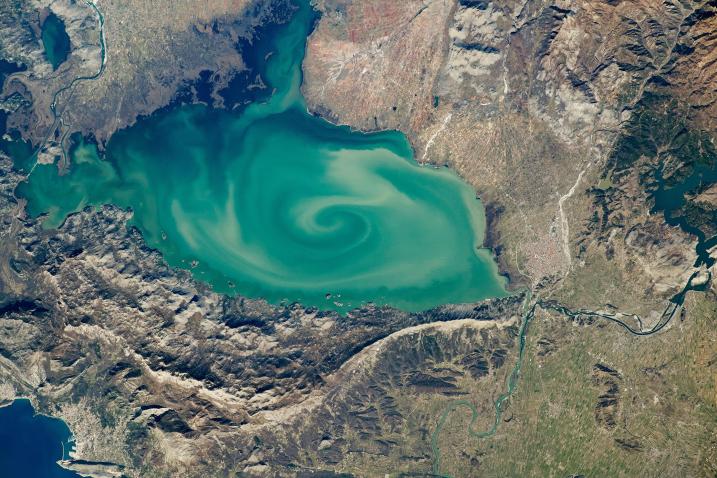Türkiye called on Balkan countries on Saturday to strengthen cooperation and advance regional peace, as foreign ministers and officials from across the Western Balkans gathered for a key meeting under the Balkan Peace Platform initiative.
The meeting is expected to bring together the foreign ministers of Bosnia and Herzegovina, Montenegro, Kosovo, North Macedonia, and Serbia, with Albania represented by its deputy foreign minister.
The platform aims to promote dialogue, build mutual trust, and facilitate lasting solutions to regional challenges, diplomatic sources said.
Turkish Foreign Minister Hakan Fidan is expected to underline the importance of a regional ownership approach to resolving issues and boosting cooperation, with a focus on integration, stability, and security.
According to the sources, Fidan will also highlight practical cooperation projects in connectivity, energy, and communications, particularly in the development of transportation corridors across the Balkans.
“This initiative is not an alternative to existing mechanisms but is meant to complement them,” the sources noted, adding that Türkiye supports all constructive initiatives that contribute to regional peace and prosperity.
Fidan is also scheduled to hold bilateral meetings on the sidelines of the event.
The Balkan Peace Platform was developed within Türkiye’s new diplomatic framework aimed at addressing the region’s evolving needs. Over the past two decades, Türkiye has expanded its presence in the Balkans, driven by economic growth and a multifaceted foreign policy.
Ankara emphasizes regional peace, stability, and good neighborly relations, and promotes inclusive solutions to chronic regional issues. Türkiye believes such challenges can only be addressed through sovereign equality among states and by combating micro-nationalism and exclusionary ideologies.
Türkiye has consistently advocated for the protection of minority rights in the region and supports the preservation of cultural and ethnic identities.
In addition to its diplomatic outreach, Türkiye provides economic, technical, and humanitarian support to Balkan nations through semi-official bodies, including the Yunus Emre Institute, Turkish Red Crescent (Kızılay), Turkish Cooperation and Coordination Agency (TIKA), and the Disaster and Emergency Management Authority (AFAD).
Türkiye has also played an active role in multilateral initiatives, such as the Southeast European Cooperation Process, the Regional Cooperation Council, and the Peace Implementation Council’s Steering Board in Bosnia and Herzegovina.
As part of its broader engagement, Türkiye has led trilateral consultation mechanisms with Bosnia and Herzegovina and Croatia, and continues to contribute to regional stability through its participation in NATO’s Kosovo Force (KFOR) and the EU’s Operation Althea.
KFOR, deployed in Kosovo in 1999 following a United Nations Security Council resolution, includes over 4,500 troops from 27 countries. Türkiye assumed command of the NATO-led force for the first time on October 9, 2023, and maintains the second-largest contingent, with at least 780 soldiers.
Kosovo declared independence from Serbia in 2008, a move recognized by many countries including Türkiye. Belgrade, however, does not recognize Kosovo’s sovereignty. Türkiye maintains balanced and cooperative relations with both Kosovo and Serbia.



